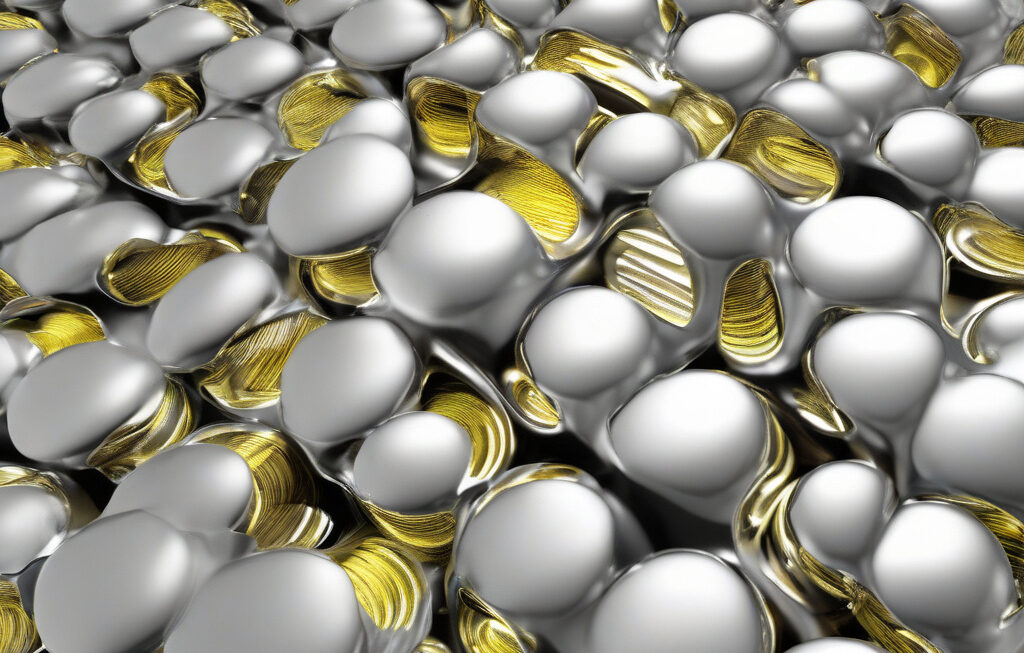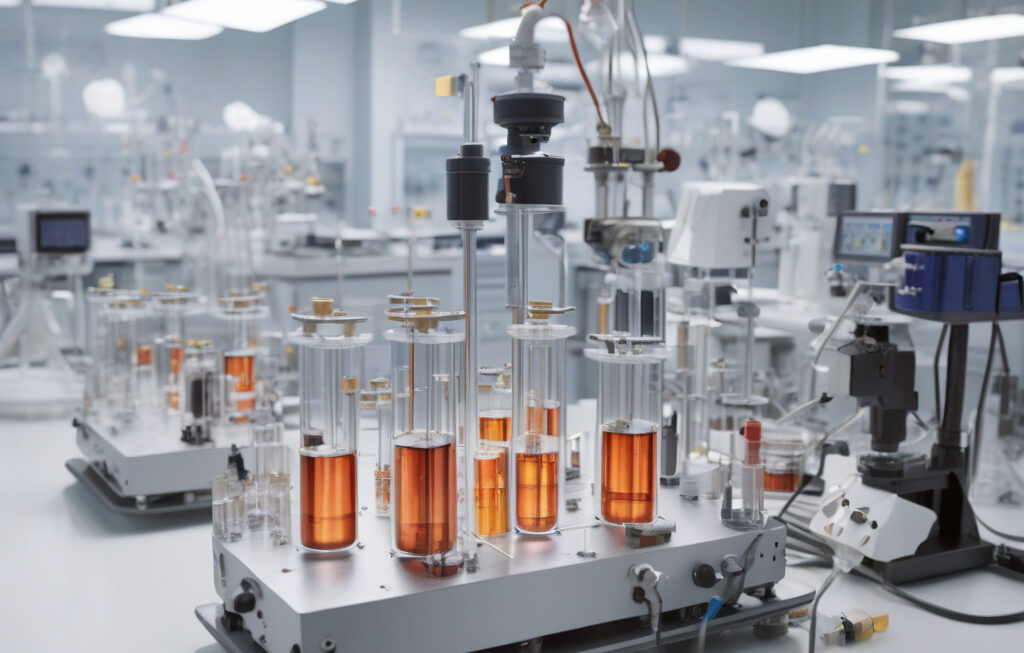The humble corn could be the answer to lithium-sulfur batteries’ lifespan problem
Corn may not be as humble as we once thought. Long seen as a basic staple in many diets worldwide, this versatile crop is now making waves in an unexpected field – energy storage. Researchers have been exploring the potential of corn-derived materials in improving the performance and lifespan of lithium-sulfur batteries, which have long been touted as a promising alternative to traditional lithium-ion batteries.
Lithium-sulfur batteries offer a high theoretical energy density, which means they can potentially store more energy than lithium-ion batteries. This makes them an attractive option for electric vehicles, portable electronics, and renewable energy storage. However, one major drawback of lithium-sulfur batteries is their limited lifespan. The sulfur electrodes tend to deteriorate quickly during the charge-discharge cycles, leading to a decrease in battery performance over time.
To address this issue, scientists have turned to corn-derived materials, specifically corn starch and corn syrup, as sustainable and cost-effective solutions. These materials can be converted into porous carbon structures through a series of simple steps involving carbonization and activation processes. The resulting carbon materials exhibit high surface area, excellent conductivity, and good chemical stability, making them ideal candidates for use in lithium-sulfur batteries.
By incorporating corn-derived carbon materials into the design of lithium-sulfur batteries, researchers have been able to enhance the overall performance and durability of the batteries. The porous structure of the carbon materials provides more sites for sulfur absorption, leading to improved sulfur utilization and reduced capacity fade. Additionally, the high conductivity of the carbon helps facilitate electron transport during the charge-discharge process, further enhancing battery efficiency.
In a recent study published in a leading scientific journal, researchers demonstrated the effectiveness of corn-derived carbon materials in extending the lifespan of lithium-sulfur batteries. The batteries showed improved cycling stability and Coulombic efficiency, indicating a significant reduction in capacity degradation over multiple charge-discharge cycles. These promising results have sparked further interest in exploring the full potential of corn-derived materials for advanced energy storage applications.
The use of corn-derived materials in lithium-sulfur batteries not only addresses the issue of battery lifespan but also aligns with the growing demand for sustainable and eco-friendly energy solutions. Corn is a renewable resource that is abundantly available and can be sourced ethically. By repurposing corn-based waste products into high-value materials for energy storage, researchers are paving the way for a more circular and environmentally conscious approach to battery technology.
As the demand for high-performance energy storage solutions continues to rise, innovations like the incorporation of corn-derived materials in lithium-sulfur batteries offer a glimpse into the future of sustainable energy storage. By harnessing the potential of humble crops like corn, researchers are not only improving battery performance but also contributing to a greener and more sustainable energy landscape.
In conclusion, the humble corn may hold the key to unlocking the full potential of lithium-sulfur batteries and addressing their lifespan problem. Through innovative research and developments in material science, corn-derived carbon materials are proving to be valuable assets in enhancing battery performance and sustainability. As we move towards a more sustainable future, the integration of renewable resources like corn into energy storage technologies will play a crucial role in shaping the next generation of batteries.
corn, lithium-sulfur batteries, energy storage, sustainable technology, renewable resources












